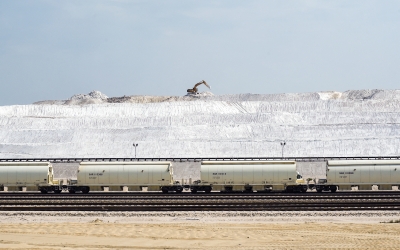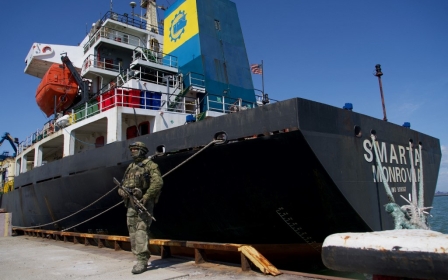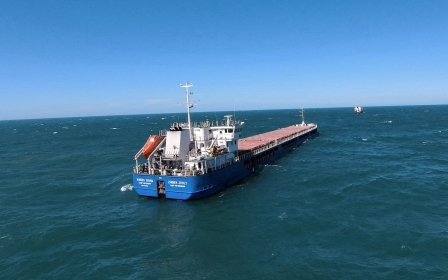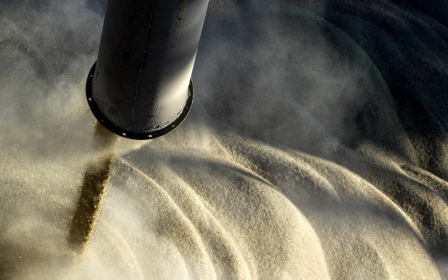Ukrainian grain exports to resume under Turkish-brokered deal with Russia
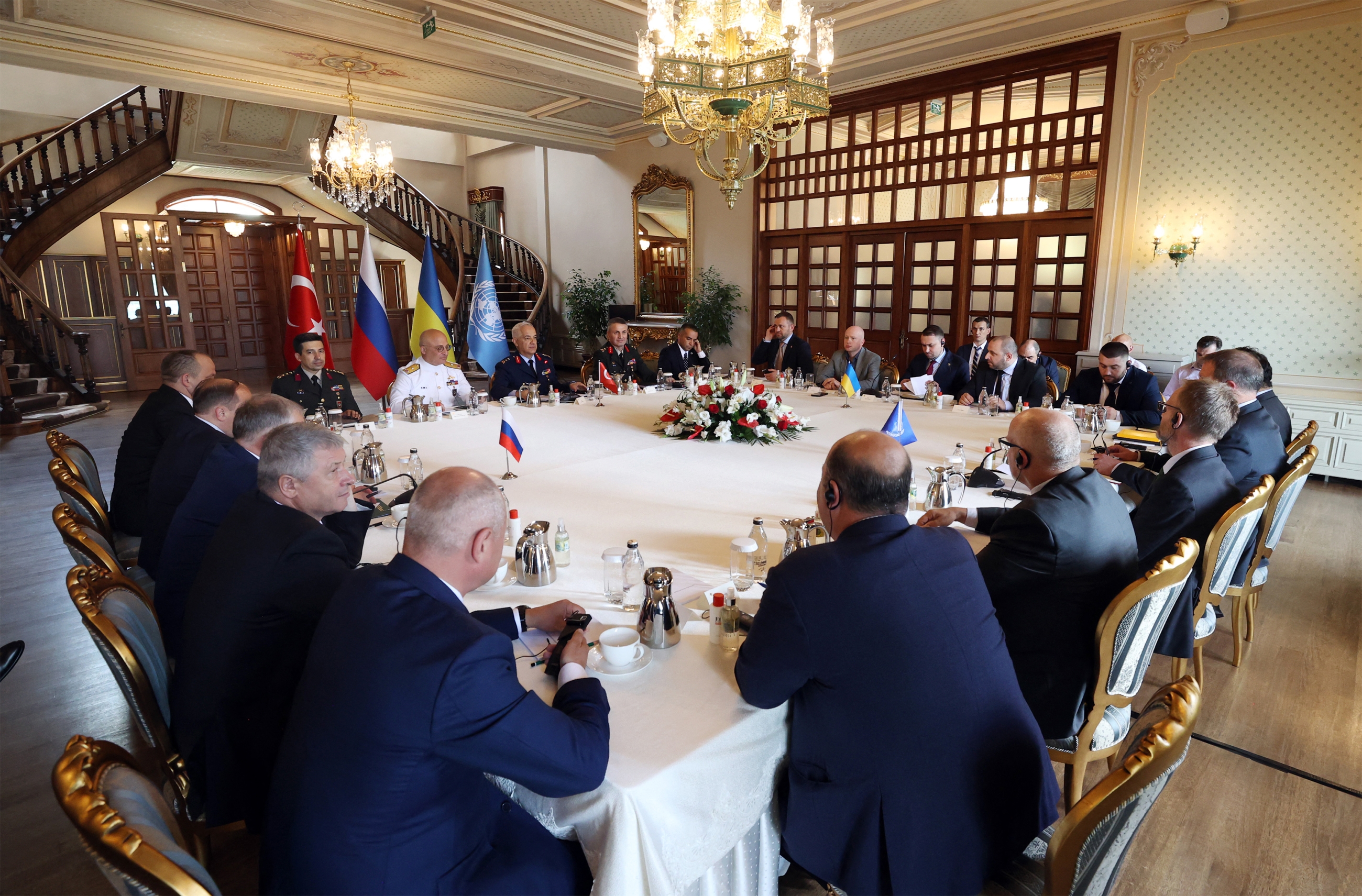
Turkey announced on Wednesday that Russia and Ukraine had agreed to a deal allowing for the export of blockaded grain and fertiliser from the Black Sea.
The talks, held in Istanbul, with representatives from Turkey and the United Nations, marked the first face-to-face meeting between Ukrainian and Russian officials since the end of March.
UN Secretary-General Antonio Guterres said the news of a tentative deal offered a "glimmer of hope" for alleviating human suffering and world hunger.
"Today is an important and substantive step, a step on the way to a comprehensive agreement," the UN chief told reporters in New York, adding that Ukraine and Russia had shown they could talk. But "for peace, we still have a long way to go".
He said "technical steps" were still needed to build on Wednesday's progress, and that he would cut short his upcoming vacation to visit Turkey and finalise a deal.
Turkey's defence minister said the two sides agreed to form a coordination centre in Istanbul to oversee joint controls at the port exit and arrival points, along with ensuring navigational safety of shipping routes.
"At this meeting, which we will hold next week, all the details will be reviewed once again and the work we have done will be signed," Hulusi Akar said in a statement.
Ukraine and Russia are both vital exporters of wheat and grain, and together provide about 30 percent of the global supply. Russia's invasion of Ukraine has disrupted shipping, sparking a global food crisis.
According to diplomats, the evacuation of Ukrainian grain via the Black Sea would be through secure maritime corridors. Turkey will inspect commercial ships with the help of the UN to assure Russia that they are not carrying weapons.
The talks in Istanbul come ahead of a meeting in Tehran on Tuesday between Turkish President Recep Tayyip Erdogan and Russia's Vladimir Putin.
Erdogan's ultimate goal is to bring Putin and Ukrainian President Volodymyr Zelensky to Istanbul for talks aimed at pausing the fighting and launching formal peace talks.
Middle East Eye delivers independent and unrivalled coverage and analysis of the Middle East, North Africa and beyond. To learn more about republishing this content and the associated fees, please fill out this form. More about MEE can be found here.


